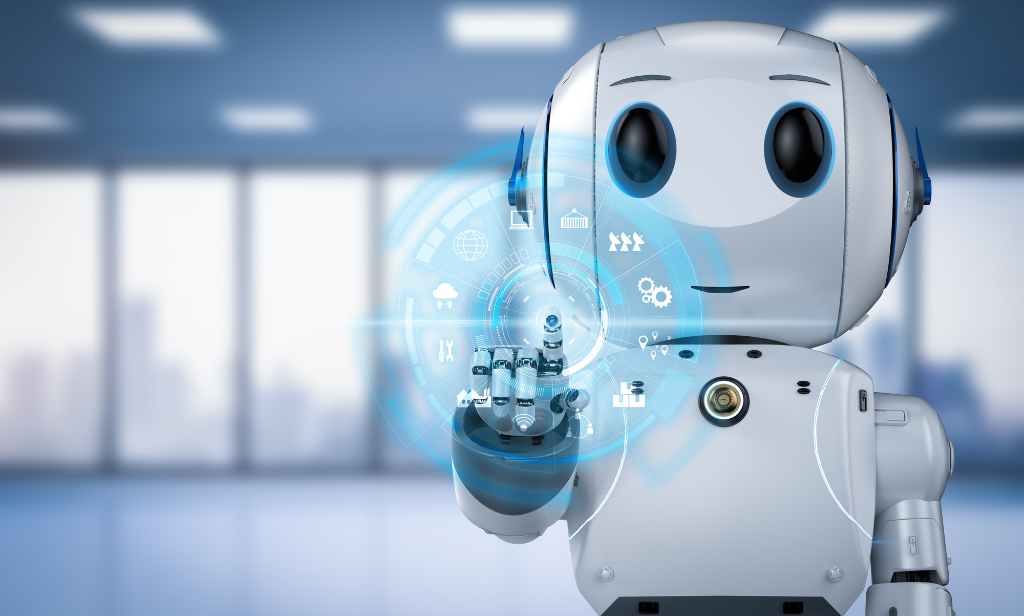As robotics technology continues to evolve, its integration into society raises several ethical questions. While robots offer tremendous benefits, they also present challenges that need to be addressed carefully. These challenges include issues of job displacement, privacy, security, and the moral implications of relying on machines to perform tasks once reserved for humans. This article explores the ethical implications of robotics in modern society and how we can navigate these challenges moving forward.
1. Job Displacement and Economic Inequality
One of the most significant ethical concerns with the rise of robotics is the potential for job displacement. As robots and automation systems become capable of performing tasks traditionally carried out by humans, many workers face the possibility of losing their jobs.
- Unemployment and Workforce Transition: Industries such as manufacturing, retail, and logistics are already experiencing shifts due to robotics. This raises concerns about mass unemployment and the widening gap between skilled and unskilled workers. For example, factory workers, cashiers, and delivery drivers may find their jobs replaced by robots, leading to significant economic and social challenges.
- Up-skilling and Re-skilling: To mitigate the impact of automation, there is a growing need for education and training programs that help workers adapt to the changing job market. Governments and companies will need to invest in upskilling initiatives, enabling workers to transition into new, more advanced roles that robotics cannot replace.
2. Privacy and Security Concerns
Robotics often involves the collection and analysis of large amounts of data, raising privacy concerns. Robots, particularly those used in surveillance, healthcare, and consumer-facing industries, may gather sensitive information about individuals.
- Surveillance and Data Privacy: Robots used for security, retail, or home assistance can monitor people’s activities, raising concerns about the violation of personal privacy. How this data is stored, shared, and protected will need to be carefully regulated to avoid misuse or breaches.
- Security Risks of Autonomous Systems: As robots become more autonomous, they may be vulnerable to hacking and cyber-attacks. Autonomous vehicles, for instance, could be hijacked, leading to potential risks to public safety. It is essential to develop robust security protocols to safeguard robots and the data they process.
3. The Role of Robots in Healthcare and Medicine
The ethical implications of robotics in healthcare are particularly complex. Robots have the potential to revolutionize medicine by performing surgeries, assisting with physical rehabilitation, and providing care for the elderly. However, they also raise several moral concerns.
- Human vs. Machine Care: While robots can assist in surgery or care for patients, many argue that there is a limit to how much a machine should be trusted to handle sensitive medical tasks. For example, can a robot make the right decision in a life-or-death situation? There is a need to balance technological capabilities with human judgment, especially in critical care scenarios.
- Patient Consent and Autonomy: Robots involved in medical procedures or caregiving must ensure that patients’ rights to privacy and informed consent are respected. Patients should have the autonomy to choose whether they want to interact with robots or rely on human care providers.
4. Moral and Legal Responsibility of Robots
As robots become more capable and autonomous, the question of accountability becomes more pressing. If a robot makes a mistake, who is responsible? Is it the manufacturer, the programmer, the owner, or the robot itself?
- Liability for Robot Errors: If an autonomous robot causes harm—whether in an accident or through a faulty medical procedure—who is liable for the consequences? The legal framework must be updated to address these new challenges, ensuring that victims can seek compensation while holding parties accountable.
- Autonomy and Decision-Making: Autonomous robots, such as self-driving cars, must be able to make decisions in complex environments. This raises questions about how robots should prioritize human safety in emergency situations, as well as how ethical frameworks can be embedded into their decision-making processes.
5. The Future of Ethical Robotics
As robotics continues to evolve, it is crucial that ethical considerations are woven into the design, implementation, and regulation of these technologies. Creating ethical guidelines for robotics will ensure that these technologies benefit society as a whole, rather than creating harm or inequality.
- Global Regulation and Oversight: International cooperation will be necessary to create global standards and regulations for robotics. This will help prevent misuse of technology, ensure privacy protection, and safeguard human rights in the face of rapid technological advancements.
Conclusion
While robotics holds tremendous promise, it also raises important ethical challenges. The questions of job displacement, privacy, security, and accountability need to be addressed to ensure that robotics benefits society in a responsible way. As we integrate more robots into our lives, we must find a balance between innovation and ethical considerations, ensuring that technological progress does not come at the expense of human well-being.

